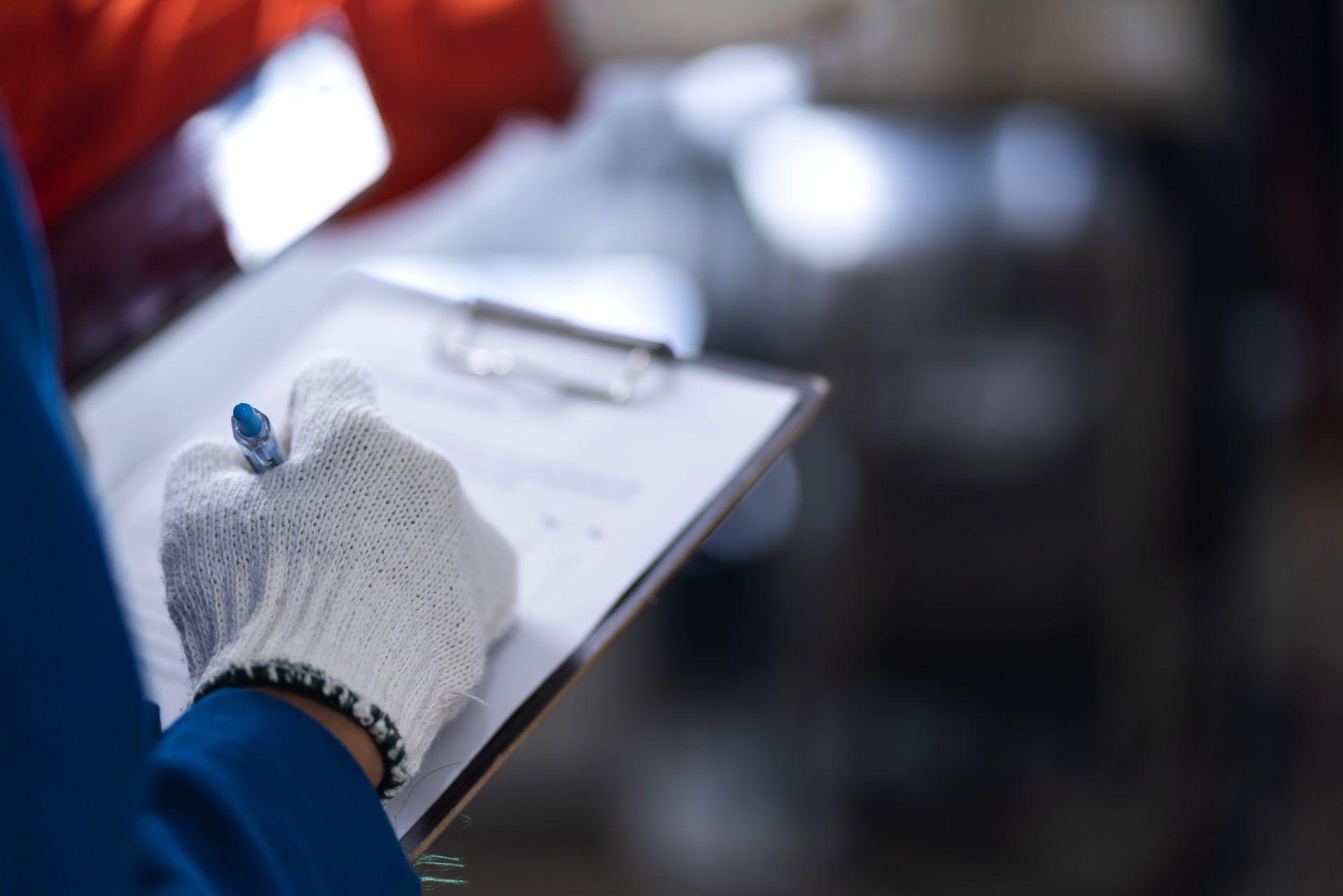When it comes to the safety of your home, gas and electrical safety checks should be at the top of the list. Whether you’re a property owner or a tenant, understanding the importance of regular inspections ensures your compliance with safety regulations and helps prevent potential hazards. BCMC Safety Solutions offers expert services to ensure your gas and electrical systems comply with the highest safety standards.
In this blog, we will discuss gas and electrical safety checks, their critical importance, the frequency at which they should be performed, and how professional safety compliance solutions can help protect you and your property.
- What is a Gas and Electrical Safety Check?
A gas and electrical safety check involves a thorough inspection of your property’s gas appliances, wiring, and electrical systems to ensure that they are functioning properly and safely. These checks are designed to detect any hazards that could potentially cause damage, injuries, or fires. The goal is to ensure the safety of everyone using the property and to ensure compliance with local rental regulations.
Key components of a gas and electrical safety check include:
- Gas appliances and pipes: Inspecting gas connections and ensuring appliances are working safely without any gas leaks. And that the appliances are not producing any dangerous level of carbon monoxide.
- Electrical wiring and systems: Checking for any faulty wiring, overloaded circuits, or outdated systems that could present a fire risk.
- Safety devices: Ensuring that safety devices like circuit breakers, smoke alarms, and gas shut-off valves are in good working condition.
- Why is it Important to Conduct Gas and Electrical Safety Checks?
Conducting regular gas and electrical safety checks is essential for maintaining a safe living or working environment. Here’s why these inspections are so important:
- Prevention of Hazards: Gas leaks and electrical faults can lead to dangerous situations, including fires. Regular checks ensure these risks are identified and dealt with before they cause harm.
- Legal Compliance: Property owners are legally required to meet safety standards. In Australia, both gas and electrical systems must be regularly checked to comply with state and federal safety regulations.
- Insurance and Liability: If a safety issue were to arise and it was found that you hadn’t performed regular checks, your insurance could be void. Ensuring compliance with safety checks protects you legally.
- Long-term Cost Savings: Catching minor issues early can prevent expensive repairs down the line. Regular checks can also prolong the lifespan of your appliances and systems.
- How Often Should Gas and Electrical Safety Checks Be Conducted?
The frequency of gas and electrical safety checks varies depending on the type of property and the age of the systems in place. However, the general guidelines are:
- Gas Safety Checks: At least once every two years to comply with Victorian Residential Rental Regulations, Gas Safety Checks. However, if you’re using older gas appliances or if there are any signs of malfunction (such as unusual smells or poor appliance performance), more frequent checks may be necessary.
- Electrical Safety Checks: At least once every two years, to comply with Victorian Residential Rental Regulations, Electrical Safety Checks.
It’s crucial to set up a routine inspection schedule to ensure your gas and electrical systems are regularly maintained. A professional service provider can help set up these checks and make sure you stay compliant.
- What Are the Risks of Not Conducting Gas and Electrical Safety Checks?
Failing to conduct regular gas and electrical safety checks can have serious consequences, including:
- Increased Risk of Fire or Explosion: Faulty gas lines or electrical systems are one of the leading causes of residential fires. Ignoring safety checks could lead to dangerous situations that might not be immediately visible.
- Health Hazards: Leaks from gas appliances can lead to carbon monoxide poisoning, which is silent and deadly. Similarly, electrical issues like faulty wiring can lead to shocks or electrocution.
- Legal and Financial Consequences: Property owners who do not maintain proper safety compliance can face legal penalties, including fines or even imprisonment in extreme cases. Additionally, insurance claims could be denied if proper checks haven’t been made.
- Damage to Property and Appliances: Electrical faults or gas leaks can lead to expensive damage to your property and appliances. For instance, faulty wiring could cause electrical fires that ruin parts of your building, while gas leaks could damage appliances and furniture.
- How Can a Professional Safety Compliance Solution Help with Gas and Electrical Compliance Checks?
Hiring a professional safety compliance service like BCMC Safety Solutions offers numerous benefits, including:
- Expertise and Knowledge: Professional inspectors have the training and experience to identify potential hazards that a layperson may miss. They can provide a detailed report of your property’s gas and electrical system condition.
- Peace of Mind: With a professional safety compliance check, you can rest assured that your property is safe and compliant with all regulations.
- Comprehensive Reports and Solutions: BCMC Safety Solutions provides you with a detailed report of any issues found and offers practical solutions to address them. They also ensure that all safety regulations are met.
- Regular Maintenance Programs: Professionals can set up a schedule for regular checks, ensuring ongoing safety and compliance.
Conclusion
Gas and electrical safety checks are not just about compliance—they’re about protecting your property, loved ones, and investment. Regular safety checks ensure that your systems are running smoothly and safely, preventing costly damage and reducing the risk of serious accidents.
If you need a reliable, professional solution for your gas and electrical safety checks, consider working with BCMC Safety Solutions. Their comprehensive services will help keep your property safe and compliant with all necessary regulations.
